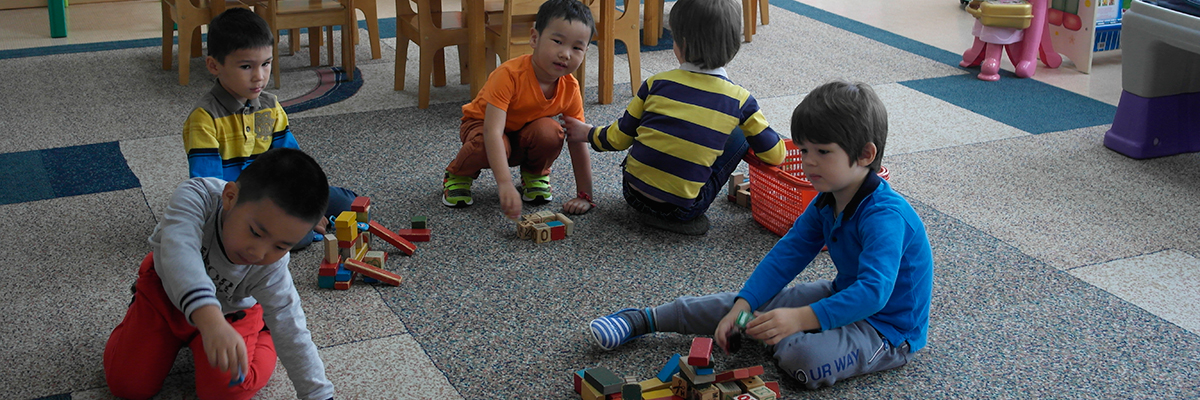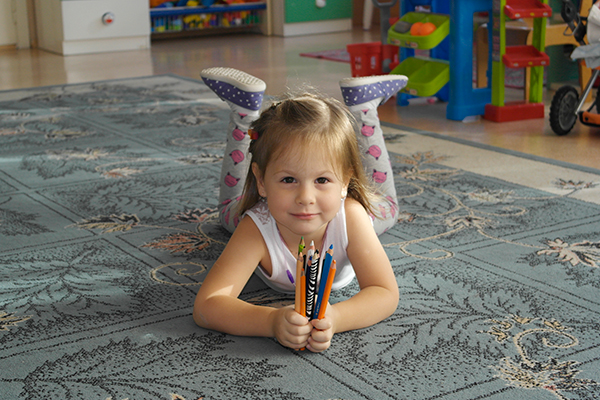
Adaptation
You have decided for child to attend the kindergarten. This decision was preceded by hours of thoughts and doubts. You worry about how your child will be adapted to new conditions. If he/she will cry or get sick? What kind of people are there? What if..? But what if..?
There are reasons for reflection and worrying. And, of course, the child should be prepared for kindergarten in advance. What does this preparation include and what can be done for adaptation to be relatively painless?
Living in a family the child gets used to certain conditions. When he/she comes to a kindergarten, many conditions of his life are changed: Day regimen, food, room temperature, educational methods, the nature of communication, etc.
All these changes comes to the child at the same time, creating a stressful situation, that can lead to the whims, fears, refusal of food, frequent illnesses, psychological aggression, etc.
That’s why advisable organization of the child's life in a kindergarten in the adaptation period is necessary for the most adequate, painless adaptation to new conditions.
Parents in advance should get the information about organization of life in the kindergarten, nutrition, daily routine, educational programs, bringing –up , hygiene habits and skills of self-service, features of adaptation period; meet with the staff of the kindergarten to establish trusting relationship.
Kindergarten, for its part, will provide all the conditions for a comfortable entry of a child to the children's social environment.
Basic principles of our work on adaptation of children include:
- careful selection of teachers;
- gradual filling of the groups;
- part-time staying of child in the kindergarten during initial period of adaptation (from 0.5 to 3 hours);
- flexible day regimen;
- keeping existing child’s habits during first 2 - 3 weeks.
Daily monitoring of the health, emotional state, appetite and sleep during the first month of attending the kindergarten.









